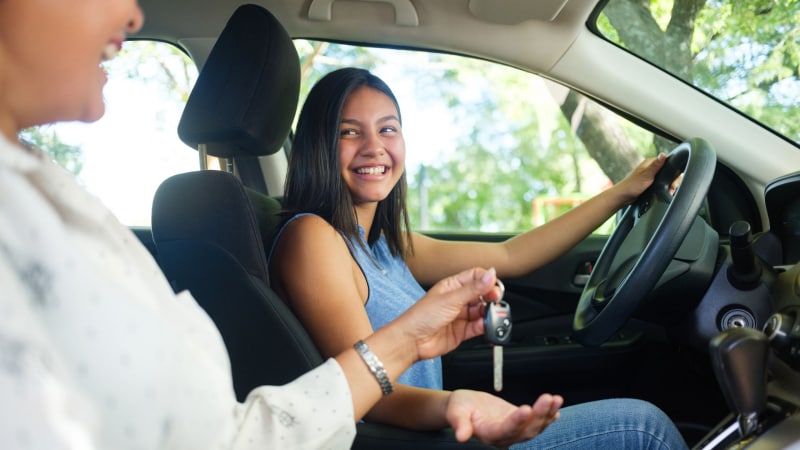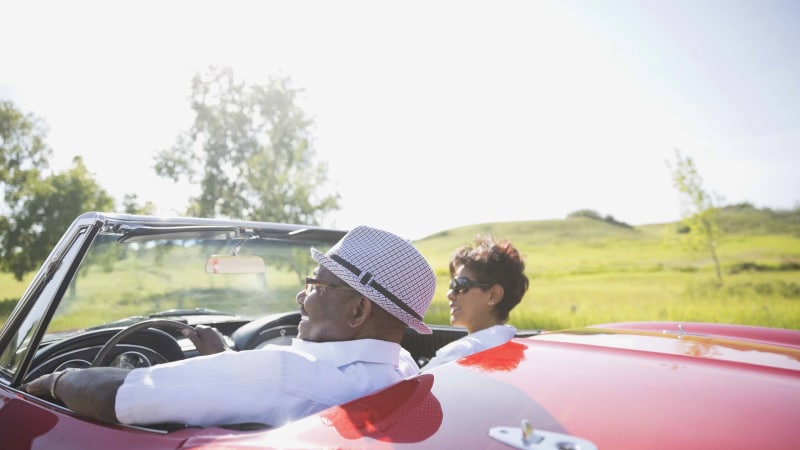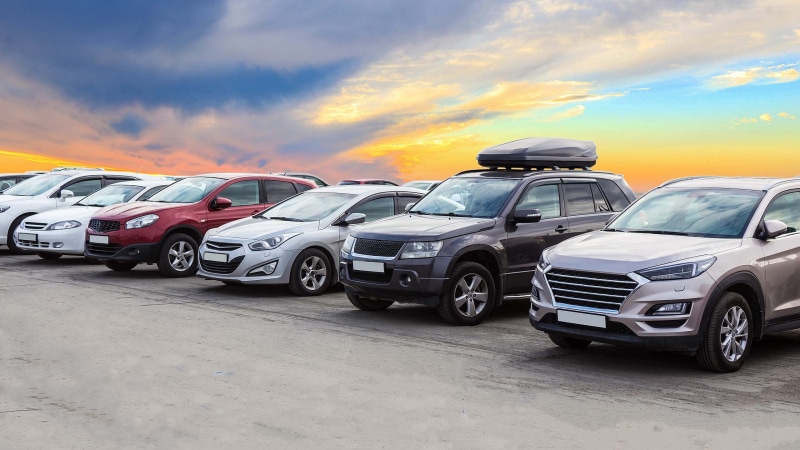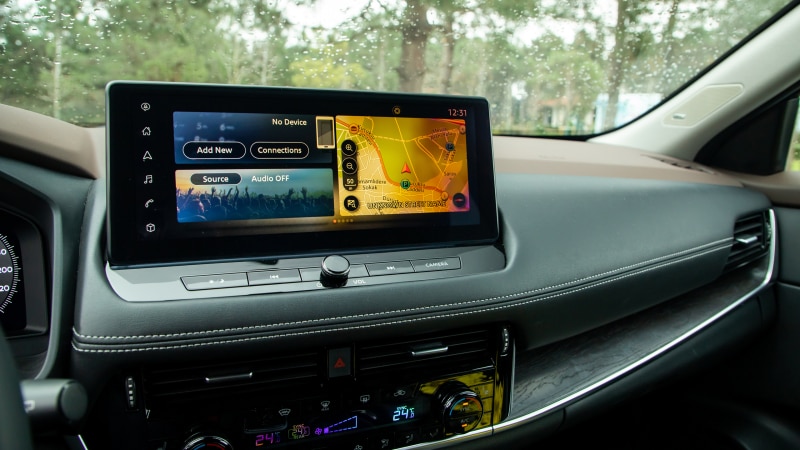First-time car buying: Some things to know

Buying your first car is an exciting venture. But for a first-time car buyer, it could be a daunting experience that requires decisions you may never have had to tackle before. And it’s not just about selecting a car. You may need to set a budget, find the right car, and most importantly, evaluate your financing options.
All these could take you into unfamiliar territory. In fact, affording a car can be one of the biggest challenges faced by a first-time car buyer.
First-time car buying programs
There are several programs in place to help make it possible for you to secure a loan. A first-time car buyer program is one such option. These are offered by certain car manufacturers to help make their vehicles more accessible to new buyers. These programs can include a first-time car buyer loan or a special incentive such as a rebate.
Many of these may be available for both new and pre-owned vehicles. And there may be special programs for college students and those who have little or no credit history.
But keep in mind that each of these programs may have specific requirements for you to qualify. For example, they may expect proof of stable employment, usually at least for one year. The cap on the maximum borrowing amount could also be lower than standard auto loans. And while some may not require a down payment, others might expect a minimum upfront payment.
College student programs could be available for recent college graduates as well as those who are still enrolled. These programs may also have specific criteria to qualify for financing. For example, these types of programs may expect to see transcripts or a letter from the registrar of the university or college.
When you’re shopping for a car it may be beneficial to speak to the dealership about special first-time car buyer programs, if they offer any, and check whether you qualify.
First-time car buyer financing: Loans and credit
Lenders may each have different requirements when it comes to loan approval. Some lenders may also have partnerships with certain dealerships and could offer special incentive programs when you purchase from them. Such programs could make the first-time car buying process a little easier.
You can also prequalify with many of these lenders. This could help get an idea about your borrowing capacity so you can set realistic budget expectations before you start shopping.
Also, it can be helpful to ensure that you understand any additional fees that could apply to your auto loan. Each lender may have different charges, such as loan processing fees. All these could increase your borrowing costs. The annual percentage rate, better known as the APR, reflects the total cost of credit expressed as an annual rate, including certain fees. Paying attention to this could provide you a more holistic view of what you’re signing up for and help you compare loans by different lenders more effectively.
And remember, shopping around for financing options available to you is often just as important as shopping around for cars to ensure you get the best deal for you.
Improving your chances of securing an auto loan as a new buyer
Obtaining a loan when you have limited or poor credit history could certainly be a challenging task for any new car buyer. Here are some steps that could help you improve your chances of getting a first-time auto loan.
- Consider a co-signer or co-borrower. Check with your lender to see if they allow having a co-signer or co-borrower. A co-signer or co-borrower with a good credit history may improve your chances of getting a loan approved.
- Save up. Saving up for a down payment can help you obtain better loan terms and reduce the overall cost of borrowing. Start by setting a budget. Consider the vehicle’s purchase cost and additional expenses, such as insurance and maintenance. Also, take note of your regular financial commitments, such as living expenses and other bills, when identifying your repayment ability. Then get ready with a savings plan. With Chase Autosave, you can automate monthly transfers from your Chase checking account to your savings account for a savings process that could help you achieve your financial goals.
- Build your credit history. Lenders may check your credit history to assess the likelihood of you repaying a loan. Taking time to build your credit by paying your current obligations on time and minimizing your requests for new credit could have an effect on your ability to secure auto financing. By setting up an account with Chase Credit Journey®, you can easily find out your credit standing and track and help protect your credit score completely free of charge.
Before you purchase a vehicle from a dealership, ask about any additional fees and, if possible, see if you may be able to negotiate the price. If you’re buying a used car, independently verify the vehicle history report, regardless of whether you’re purchasing from a private seller or a dealership. Whatever kind of auto loan you secure, it can be helpful to ensure that you are able to meet your repayment commitments.



